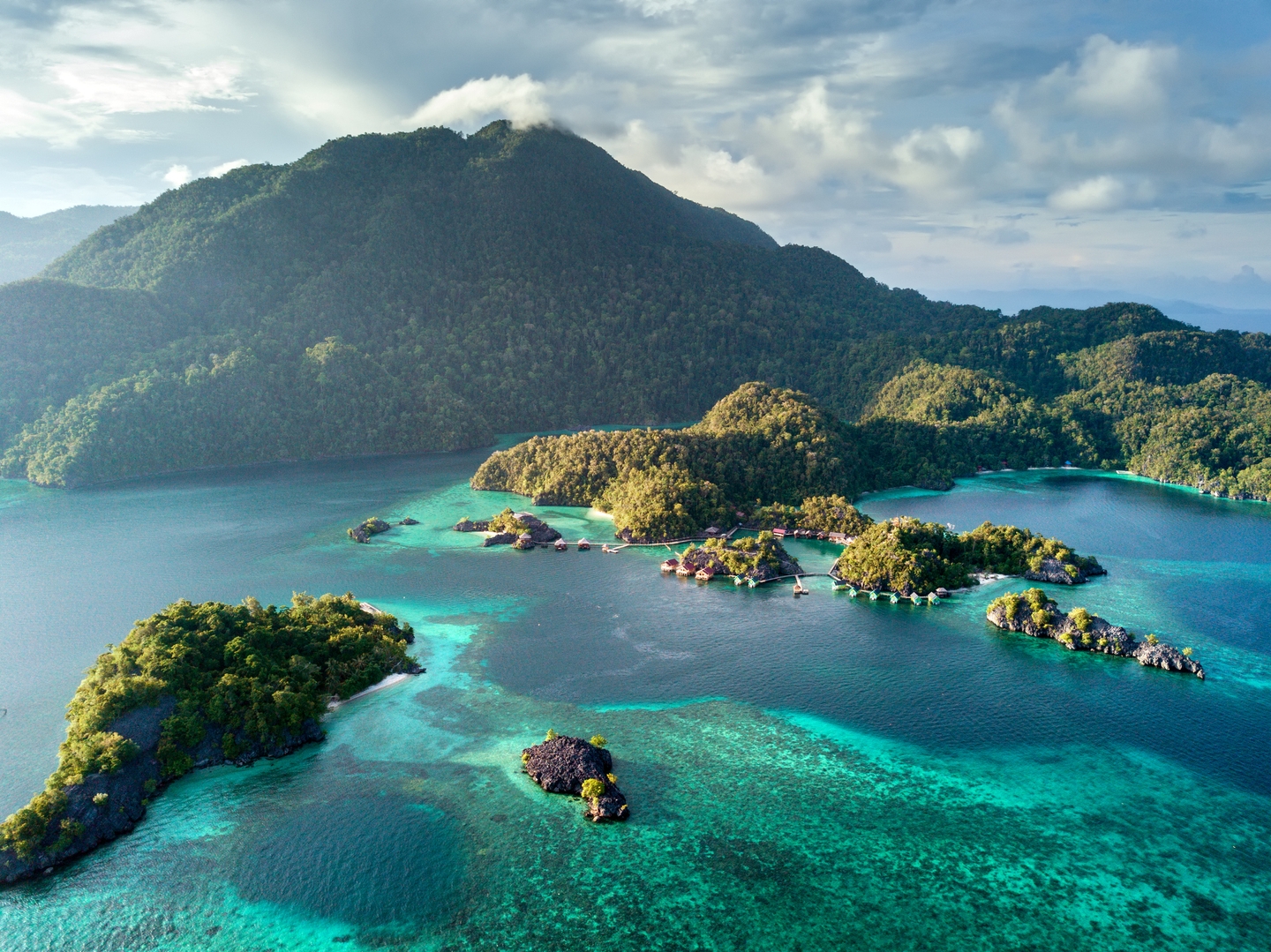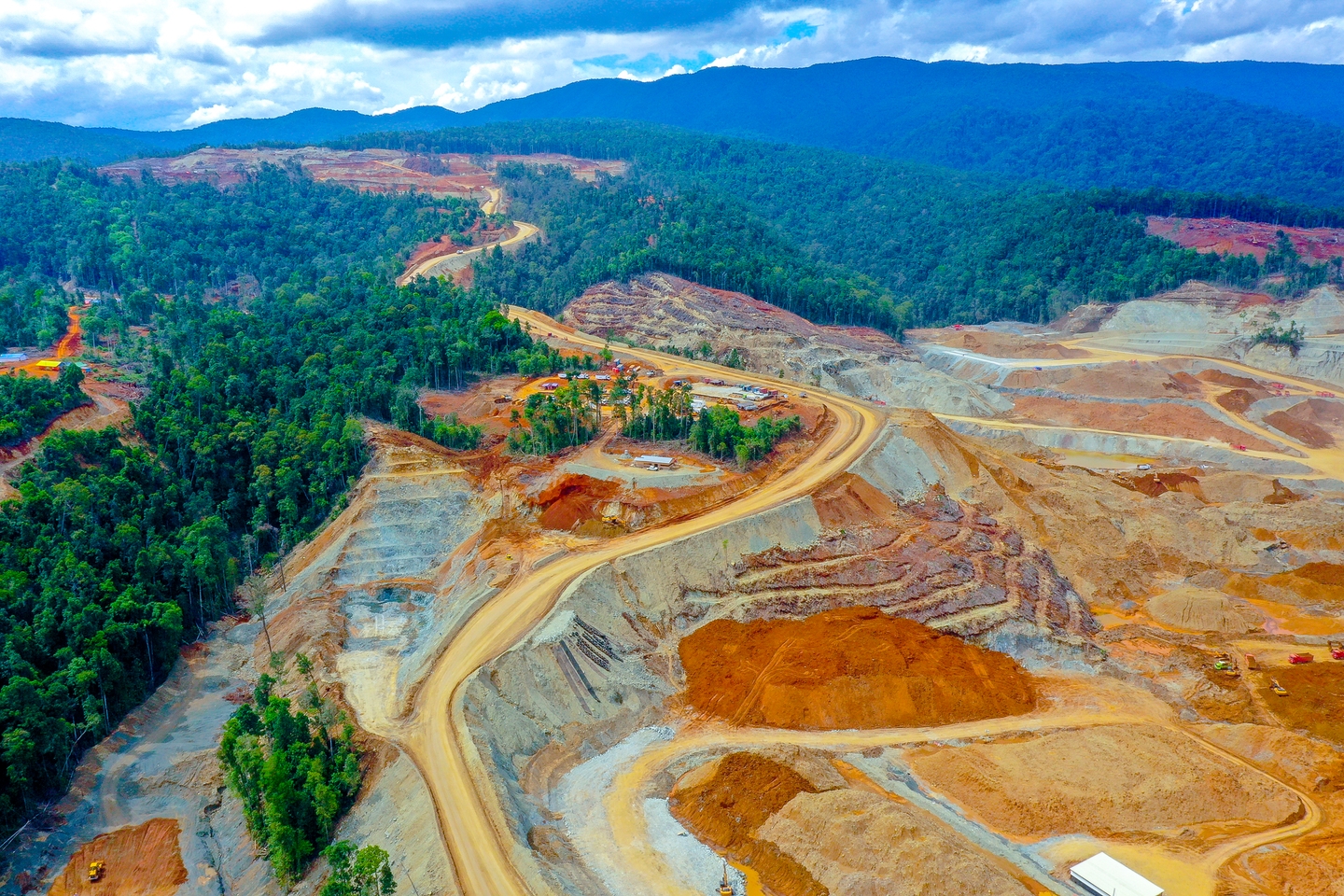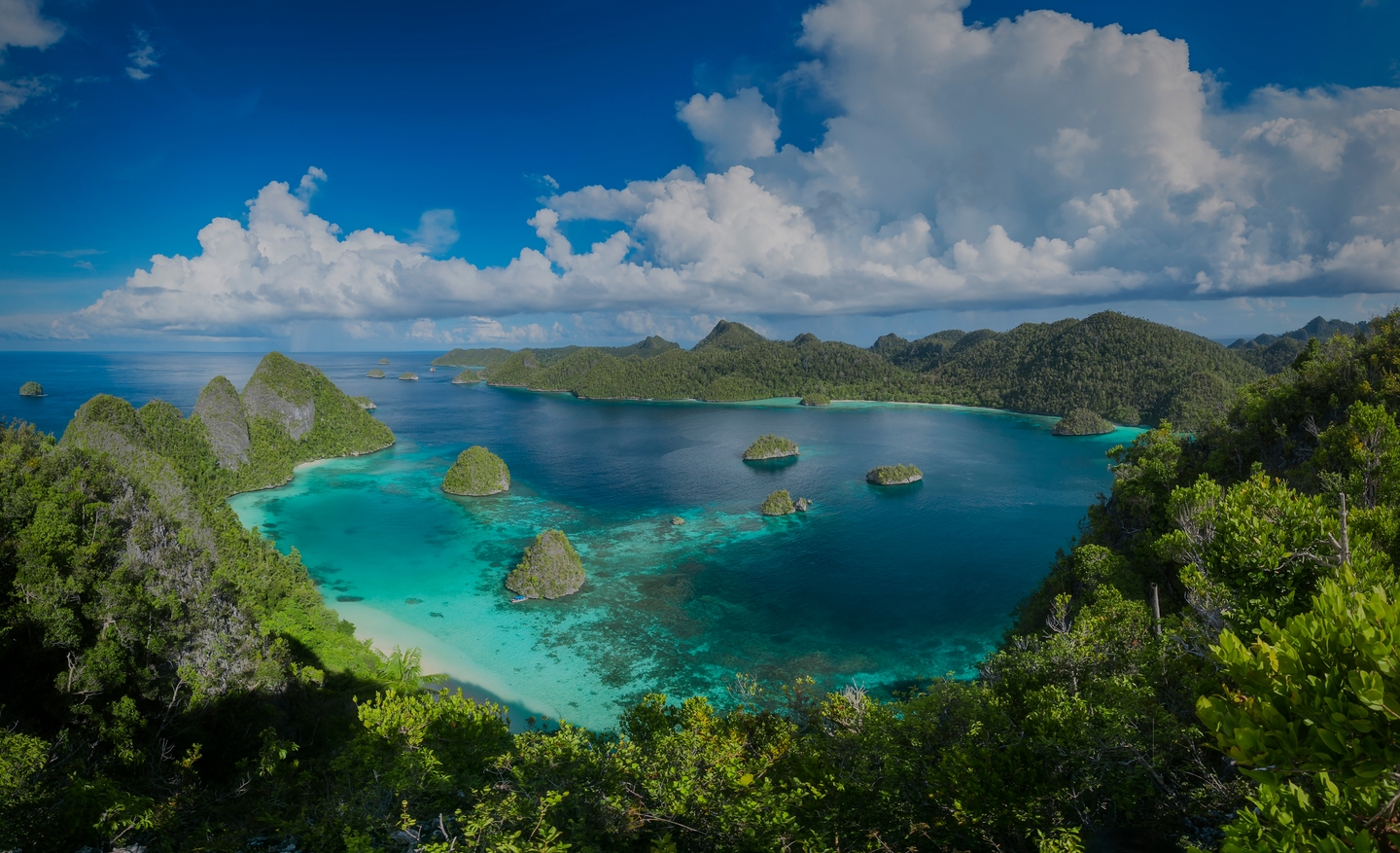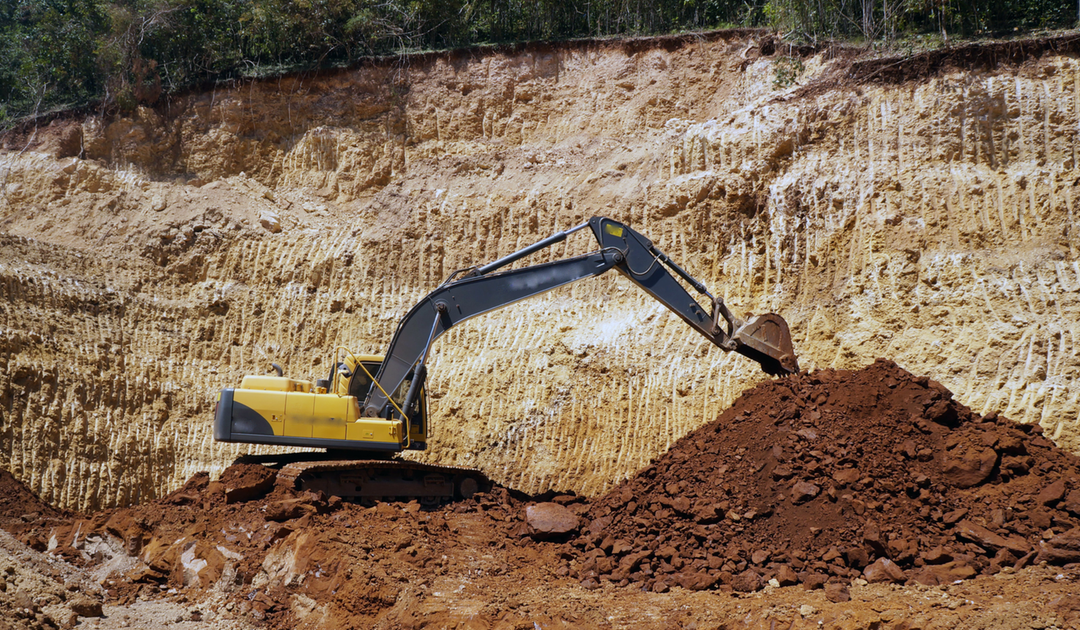Nickel mining has become a huge industry in Indonesia, but the consequences are severe
Indonesia is one of the world’s top exporters of an essential rare Earth mineral, but this success has come at a steep cost.
While the country is famous for its breathtaking landscapes—tropical beaches, towering volcanoes, and lush forests—it’s also home to something less scenic: massive nickel reserves.
Aside from quirky attractions like its terrifying ‘spider wall,’ Indonesia holds the title for being the largest producer of nickel on the planet, boasting the biggest reserves worldwide.
In 2023 alone, the country’s nickel exports were valued at approximately $6.8 billion, according to data from Statista.

Labengki Island in Southeast Sulawesi
Afriandi/Getty Images
Why is nickel so valuable?
Nickel plays a key role in the production of lithium-ion batteries, which power electric vehicles like Teslas. As demand for EVs continues to rise, so does the need for nickel.
Nickel-based alloys improve battery performance by increasing energy density, making them a crucial element in rechargeable batteries.
But while nickel is great for green energy, its mining process is causing major environmental issues.
Most of Indonesia’s nickel deposits are located on the Sulawesi and Halmahera islands, with a large portion found on Kabaena Island in Southeast Sulawesi.
Despite the government approving mining operations for nearly 75 percent of Kabaena, only a few companies have begun full-scale extraction.
Even with this limited activity, researchers have already identified serious environmental damage caused by the industry.

Indonesia is the world’s leading nickel producer
Nanang Sugianto/Getty Images
How does nickel mining harm the environment?
A local environmental group, Satya Bumi, released a report in January showing that Kabaena’s once-pristine waters have become heavily polluted. The contamination has reduced fish populations, caused skin infections in children, and jeopardized the livelihoods of local fishermen, according to Climate Change News.
Nickel mining is also the biggest driver of deforestation in these mining-heavy regions. About two-thirds of Indonesia’s 920,000 hectares of nickel-rich land is covered by forests that are now being destroyed.
Beyond the forests, mining operations are also threatening Raja Ampat Regency—an island chain near West Papua that is considered one of the most biodiverse marine ecosystems in the world.
Raja Ampat is home to 75 percent of the world’s coral species and around 1,600 different fish species, including some that are critically endangered.

Halmahera Sea from Raja Ampat in Papua New Guinea
Streluk/Getty Images
According to a report from Auriga Nusantara, an environmental and conservation organization, sediment from mining sites is carried by ocean currents and dumped onto coral reefs. This disrupts marine ecosystems, forcing mobile species to flee while suffocating stationary organisms.
Victor Nikijuluw, a program advisor for the Indonesian environmental group Konservasi Indonesia, explained to the Associated Press that sediment buildup from mining operations “smothers coral reefs, displaces the animals that can leave the area, and generally endangers the nature that local biodiversity and communities depend on.”
Timer Manurung, the director of Auriga Nusantara, elaborated on the long-term risks: “As long as the nickel mining continues to operate, the sediment will destroy coral and its surrounding ocean ecosystem.”
He also warned of the potential for further devastation: “It’s really a threat for Raja Ampat, as the archipelago is known for ocean biodiversity and richness that makes it an international tourism destination.”
How is the Indonesian government responding?
In November, Reuters reported that Indonesia’s Energy and Mineral Resources Ministry announced plans to review mining companies to ensure they are following environmental regulations.
Government officials also hinted at the possibility of re-examining production quotas for companies found violating these rules.
Senior official Tri Winarno confirmed this review process, stating: “The RKAB that has been issued will be reviewed, whether they (miners) are complying with the rules.”
He added that ensuring the “longevity and sustainability” of Indonesia’s nickel resources is now a priority for the government, though no specific plans have been outlined to address mining’s environmental impact.

